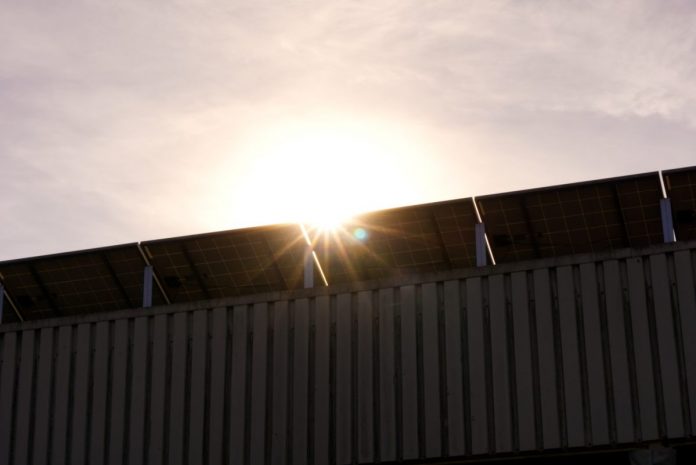The Nextbase project backed by the European Commission with €3.8 million, unites European companies and research institutes aiming to manufacture solar panels with heterojunction (HTJ) and interdigitated back-contact (IBC) technology.
A statement issued by the commission said production equipment supplied by Swiss HJT company Meyer Burger would be used to produce 25.4%-efficient HTJ-IBC solar cells on a commercial scale.
That efficiency figure would constitute “a European record for an industrially-feasible version of IBC-SHJ [silicon heterojunction] technology,” said project coordinator Kaining Ding, of German research center Forschungszentrum Jülich GmbH, which is a partner in the initiative. Ding added: “The current laboratory world record for a silicon solar cell is 26.7%, which was also based on the IBC-SHJ concept but was very expensive to make. Our approach is close to the optimum level.”
Prototype
Nextbase consortium researchers have developed a prototype four-cell by four-cell solar module they say demonstrated efficiency of 23.2%. The research team said it has also developed a manufacturing process to enable the production of its PV panels for less than €0.275/W, a figure they say is close to that of standard Asian-made PV technologies.
The research project, which has a total budget of €4.4 million, will now attempt to apply the cell technology on large-area modules and industrialize production.
The other project partners are Italian utility Enel, which makes bifacial HJT panels in Catania; the Netherlands-based Delft University of Technology, material sciences company DSM and grant consultancy Uniresearch; German research institutes the Helmholtz-Zentrum Berlin and Fraunhofer Institute for Solar Energy Systems; French and Belgian peers the National Solar Energy Institute and Imec, respectively; Switzerland’s École Polytechnique Fédérale de Lausanne and the Swiss Center for Electronics and Microtechnology; Norwegian monocrystalline silicon crystal provider Norwegian Crystals; and the Institute of Physics of the Czech Academy of Sciences.






